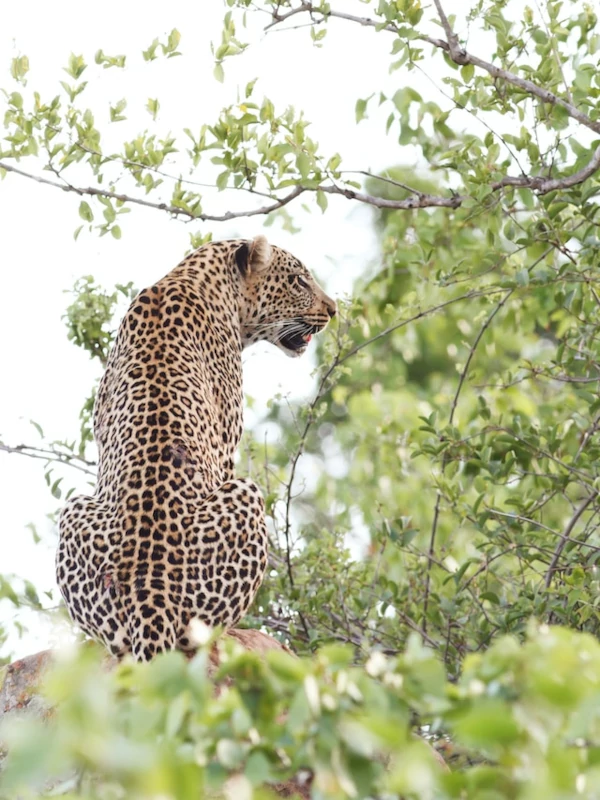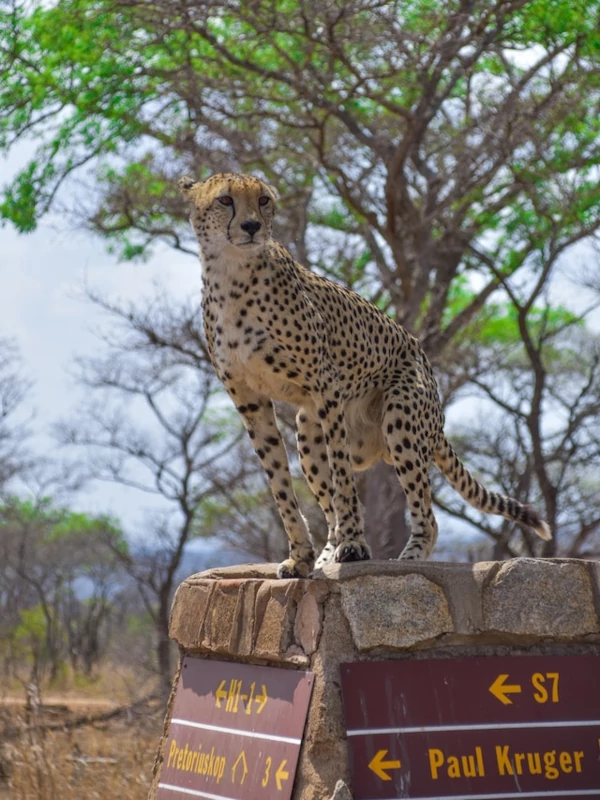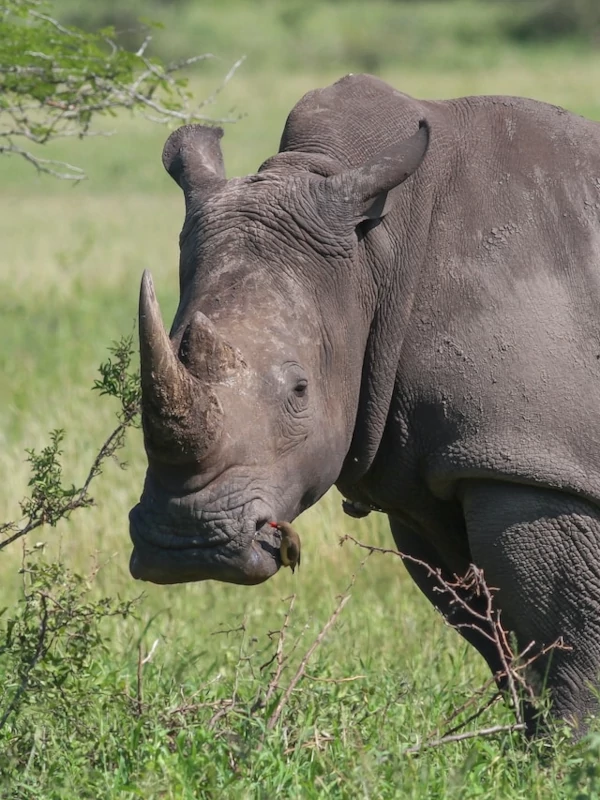This extraordinary park boasts an array of ecosystems, from savannahs and woodlands to rivers and rugged hills. Its most celebrated feature is the incredible diversity of wildlife that calls it home, including the famed Big Five: lions, elephants, rhinos, leopards, and buffaloes. Beyond these iconic species, Kruger is home to a staggering variety of other animals and bird species, making it a paradise for wildlife enthusiasts and photographers.
Visitors to Kruger National Park can embark on thrilling safari adventures, exploring the park's pristine landscapes while observing the awe-inspiring wildlife in their natural habitat. The park offers a range of accommodations, from luxurious lodges to campgrounds, ensuring that there's an option for every type of traveler. Kruger National Park is not just a destination; it's a journey into the heart of the African wilderness, where the rhythms of nature and the majesty of wildlife create an unforgettable experience.








